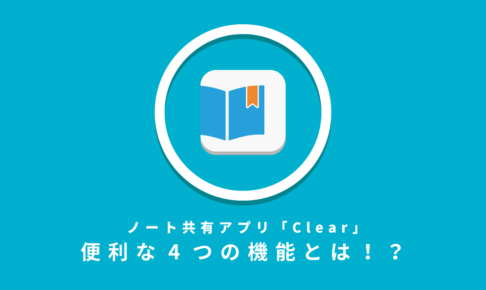✨ ベストアンサー ✨
①
1. had meet her → had met(過去分詞) her
2. 〇
3. 〇
②
1. A: Did you enjoy the movie with your sister?
B: Not really. Before we arrived at the theater, [it had already started].
映画館に到着する前に、映画は既に始まっていたよ。
A: That's too bad. The beginning part of the movie is crucial to understand the whole story.
それは残念だったね。映画の最初の部分は、全体の話を理解するためには極めて重要だからね。
【Exercises】
1. A: 妹のこと、我慢ならない! また私のプディングを食べたのよ!
B: 腹を立てなくてもいいんじゃない。
Why don't you tell her to ask for your permission before she eats one.
彼女に、食べる前にあなたの許可を求めるように言えばどう?
A: I did, many times. But she never seems to listen to me.
何度も言ったのよ。でも、全然私の言うことを聞いてない感じなの。
2. A: もう夜の11時なのに、明日の数学のテストがとても心配だわ。どうすればいいの?
B: 心配しなくていいんじゃない。あなたが準備万端であることを、私は知っているわよ。
Why don't you try to relax and get some sleep? リラックスして、睡眠をとるようにすればどう?
A: Well, actually, I was beginning to feel sleepy, so I think I’ll go to bed now. Thank you for your suggestion, anyway.
実は、眠たくなり始めていたので、もう寝るわね。とにかく、色々と考えてくれてありがとう。
参考にしてください。
You're welcome!😊
Trial and error. 間違うことを恐れずに、英語学習を続けてくださいね。





















細かくありがとうございます!!助かりました߹ - ߹